It is now an established fact that pollution due to mobility is unbearable for the stability of the ecosystem. In the latest years a fast and partly chaotic transition to electrified vehicle has started, but the goals for protection of the environment are still far from reach.
Although electric powertrains are already incredibly simple and effective with respect to traditional combustion engines, the only sufficiently mature technology for energy storage is the one of batteries.
Unfortunately, batteries have many disadvantages: they are costly, contain a high number of rare materials (again, with concern on environmental and social issues), are difficult to dispose, degrade relatively rapidly with time, are slow to recharge and, generally, contain a low energy density.
Hydrogen is going to play a fundamental role for definitive electrification of mobility in the next 20 to 30 years. In particular, hydrogen can effectively be converted to electric energy in a clean way without combustion.
The main problems with hydrogen are cost of production, lack of integrated solutions to control production and delivery, and difficulty of storage.
However, the lack of standardized technology frameworks leaves room for the experimentation of a wider set of solutions for both vehicles and infrastructures.
Our approach aims at identifying all the inputs that are likely to affect the energy request in the current instant and in the future, and this information is both depending on vehicle conditions, that can be obtained quite easily with telemetry, and the external environment, accessing data such as traffic, meteorologic conditions, road signs and route/destination.
As opposed to batteries, hydrogen tanks are a valid option as a non-degradable, fast refillable energy storage for long-range driving. However, hydrogen is very volatile and difficult to keep, so such tanks need to be extremely sophisticated and robust.
A hybrid powertrain approach with a relatively small battery and a hydrogen tank can help optimize the overall costs of the powertrain.
Our idea is to mix the options that would represent the best time to market with respect to the optimization levels that the control may reach.
In this sense, we propose a hybrid MPC-ML control system that would allow the controller to run a simplified vehicle model with reasonable computing resources, and a deep neural network engine based on reinforced learning that would provide the extra push to optimization and adapt during time.







